The Company Holiday Party: Mixing Work and Play
December 9, 2016
Unauthorized use and/or duplication of blogposts without express and written permission is strictly prohibited. Excerpts and links may be used, provided that full and clear credit is given, and with appropriate and specific direction to the original content.
The author of this post can be reached by phone at 206-693-2718 or by email.
Employer Liability for Post-Party Alcohol-Related Auto Accidents
by Stacia Hofmann
So you’ve decided to throw a company-sponsored holiday party. After all, your employees have worked hard over the past year. You want to show them your appreciation, build loyalty, and foster a sense of camaraderie. What could go wrong?
While a holiday party has its benefits, it is important for businesses who serve alcohol at these and similar types of events to understand the risks of doing so. An accident caused by an employee and resulting from alcohol impairment could be devastating, causing severe injuries or even death to the employee and others.
Under Washington law, an intoxicated person over the age of 211 who causes an auto accident may not sue the furnisher of the alcohol for his or her own injuries. This blogpost, then, is concerned with a business’s liability to “third-parties” arising out of an employee’s alcohol-related automobile accident following a company-sponsored holiday party. Not only can a business be liable under the traditional rules for the employment relationship, but it could also be considered a quasi-commercial host subject to liquor liability laws.
Vicarious Liability for the Employee’s Negligence
Employers are legally responsible for the negligent acts of their employees if the employees are acting within the scope of employment. This is called “vicarious liability.” A clear case of vicarious liability exists when an employee is “on the job” and causes an accident. But if the law was always that straightforward, then lawyers would have nothing to argue about.
In Washington, an employer may be vicariously liable for an employee’s negligence in causing an automobile accident after the employee has left a company-sponsored holiday party if:
(1) The party furthered the employer’s interest (more likely to exist when the employer expensed the costs associated with the party and the purpose of the party was to enhance employee relations);
(2) The employer expected, requested, or expressly required the employee’s presence;
(3) The employee negligently consumed alcohol to the point of intoxication; and
(4) The cause of the accident was the employee’s intoxication from the party.
The Washington Supreme Court has held that the proximate cause of an accident when these four conditions are met occurs while the employee is at the party.2 Liability can attach to the employer even if the employer has a policy forbidding drinking and driving. The employer may be sued for injuries and damages to the same extent as the employee. And chances are that the employer has deeper pockets (and more insurance) than the employee.
Host Liability for the Overservice of Alcohol
What if the four requirements of vicarious liability above aren’t met? The employer could be directly liable for the overservice of alcohol under a different legal theory. Washington courts group furnishers of alcohol into three groups: commercial, quasi-commercial, and social.
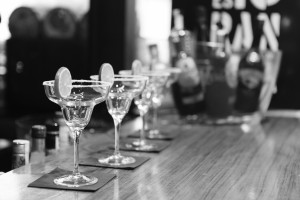 :arrow: Commercial hosts (bars, restaurants, etc.) are vendors engaged in the business of selling and furnishing alcohol. If a commercial host serves alcohol to an apparently intoxicated patron, then the host may be liable for third-party automobile-related injuries and damages caused by the overserved patron.
:arrow: Commercial hosts (bars, restaurants, etc.) are vendors engaged in the business of selling and furnishing alcohol. If a commercial host serves alcohol to an apparently intoxicated patron, then the host may be liable for third-party automobile-related injuries and damages caused by the overserved patron.
:arrow: Quasi-commercial hosts do not sell alcohol, but have a business interest in furnishing it to their guests and are held to the same standard as commercial hosts, even if there are social interests alongside those business interests. Thus, if a quasi-commercial host serves alcohol to an apparently intoxicated guest, then the host may be liable for third-party automobile-related injuries and damages caused by the overserved guest.3
:arrow: Social hosts have no business interests in furnishing alcohol to their guests. If a social host serves alcohol to an apparently intoxicated guest, then the host is generally not liable for third-party automobile-related injuries and damages caused by the overserved guest.
Whether an employer falls within the definition of a quasi-commercial host primarily turns on whether the employer has the authority to deny the further service of alcohol. If the employer provided and paid for an open bar, then the stronger the argument that it also had the authority to stop service. The employer may be directly liable for overservice even if there is no vicarious liability for the employee’s actions.
Tips for Minimizing the Risk of Liability
The holidays are a wonderful time to express your gratitude to employees, and there are many ways that you can do so. If, after weighing the risks, you decide to sponsor a company holiday party and serve alcohol, consider these tips:
:idea: Do not pressure or require employees to attend.
:idea: Consider a no-host bar at a restaurant or other commercial establishment where the server is trained to recognize the signs of intoxication.
:idea: Limit the number of drinks by providing drink tickets.
:idea: Provide cab vouchers or reimburse for Uber or Lyft rides.
:idea: If you are funding an open bar, designate a non-drinking, manager-level employee to monitor guest intoxication and stop service if he or she observes signs of intoxication.
:idea: Check your business insurance, and if it’s inadequate to cover the potential liability arising out of your party, then purchase special event insurance.
This blog is for informational purposes only and is not guaranteed to be correct, complete, or current. The statements on this blog are not intended to be legal advice, should not be relied upon as legal advice, and do not create an attorney-client relationship. If you have a legal question, have filed or are considering filing a lawsuit, have been sued, or have been charged with a crime, you should consult an attorney. Furthermore, statements within original blogpost articles constitute Stacia Hofmann’s opinion, and should not be construed as the opinion of any other person. Judges and other attorneys may disagree with her opinion, and laws change frequently. Neither Stacia Hofmann nor Cornerpoint Law is responsible for the content of any comments posted by visitors. Responsibility for the content of comments belongs to the commenter alone.
- Liability for serving alcohol to a minor is beyond the scope of this blogpost. ↩
- Dickinson v. Edwards, 105 Wn.2d 457, 716 P.2d 814 (1986). ↩
- You may need a permit from the Washington State Liquor and Cannabis Board for your company-sponsored holiday party. Click here to learn when a permit is required. ↩

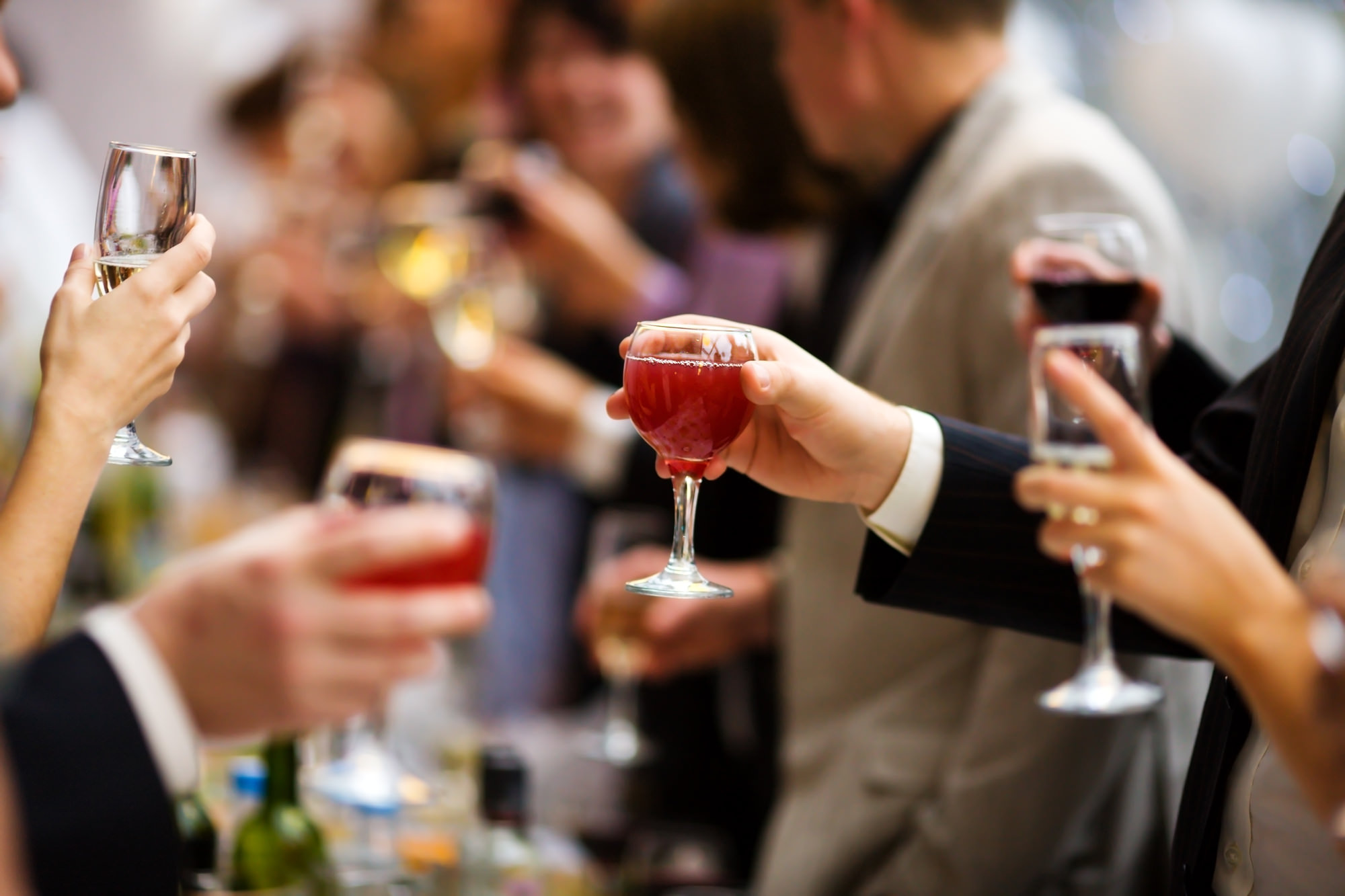
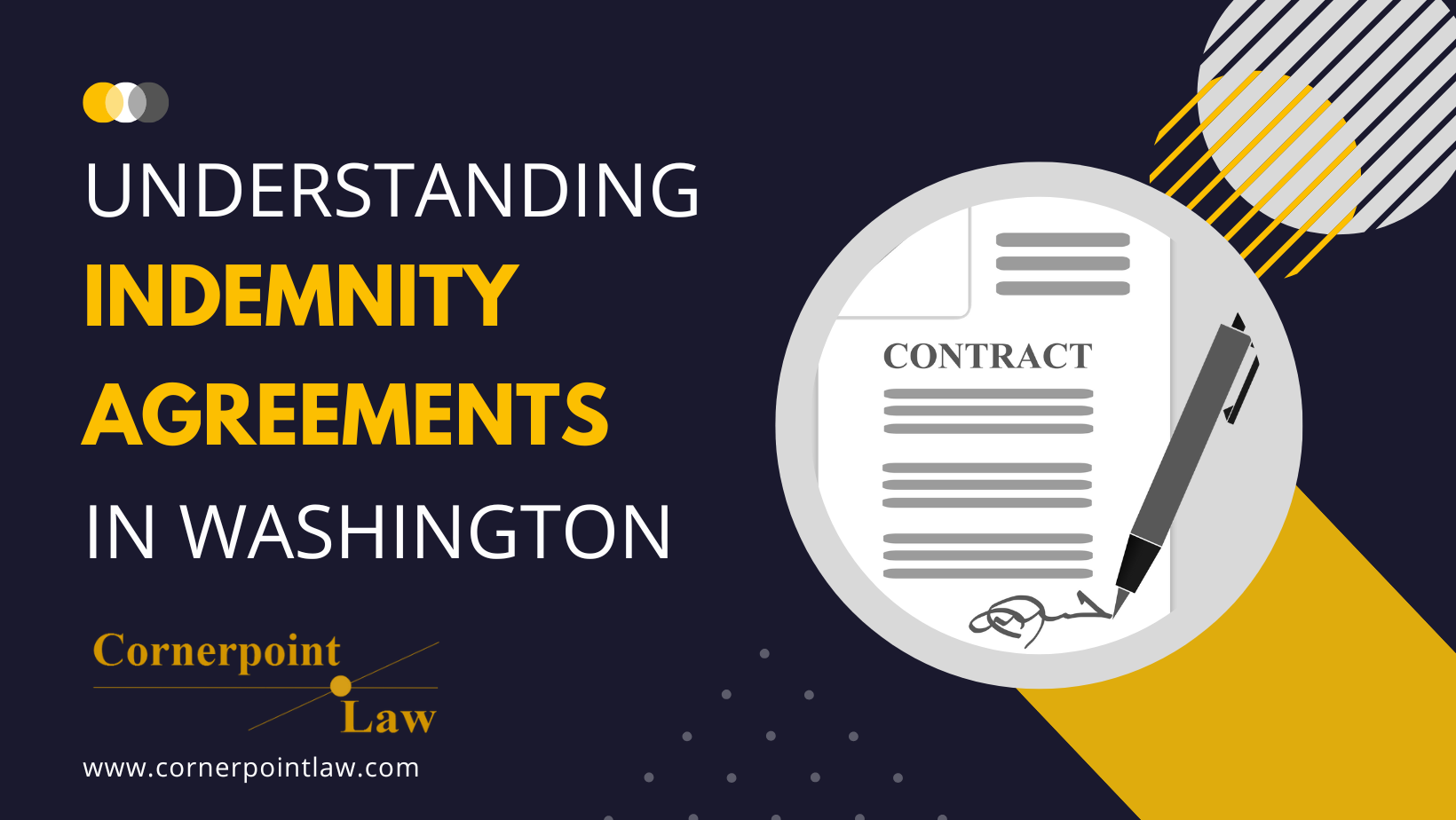
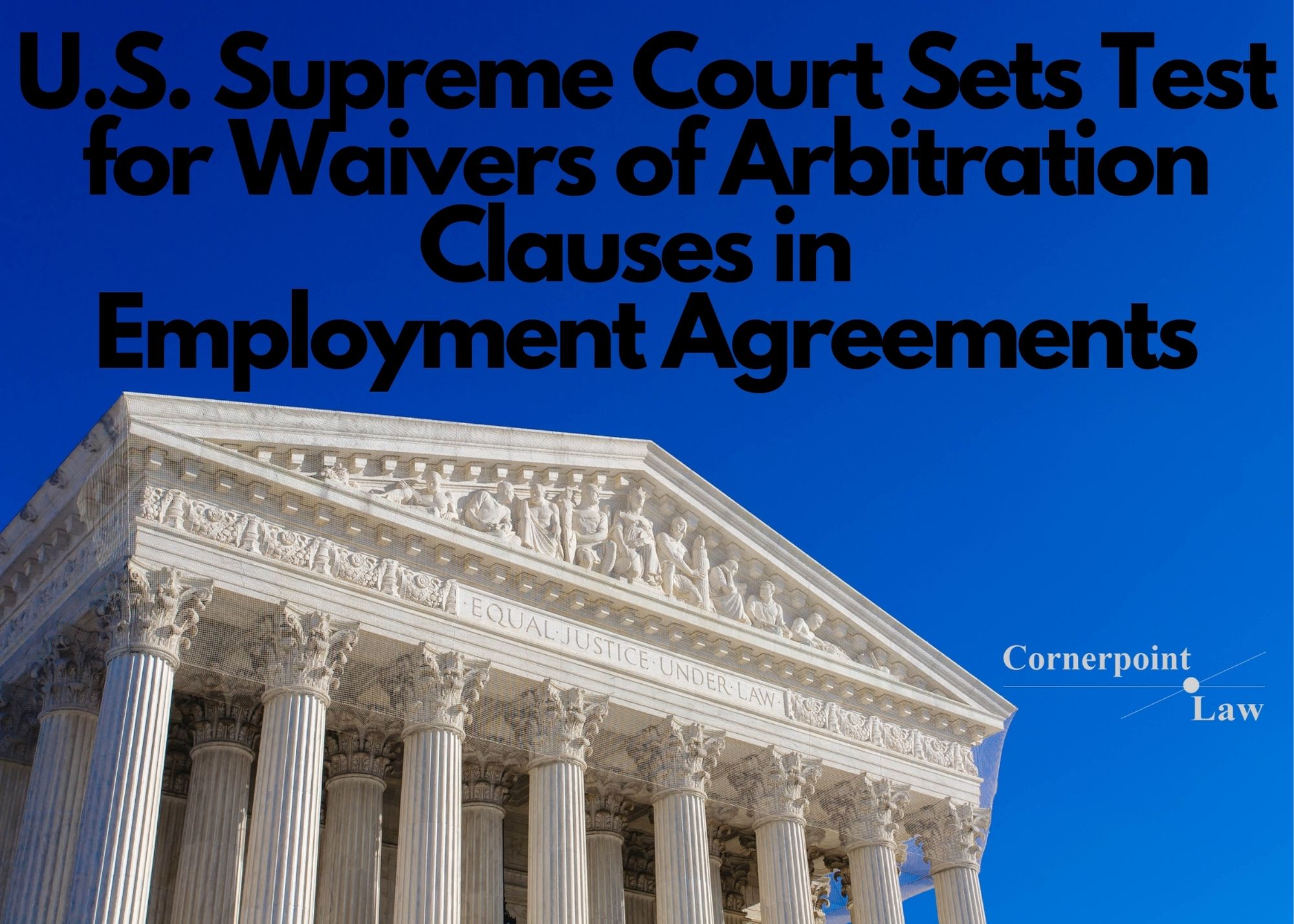
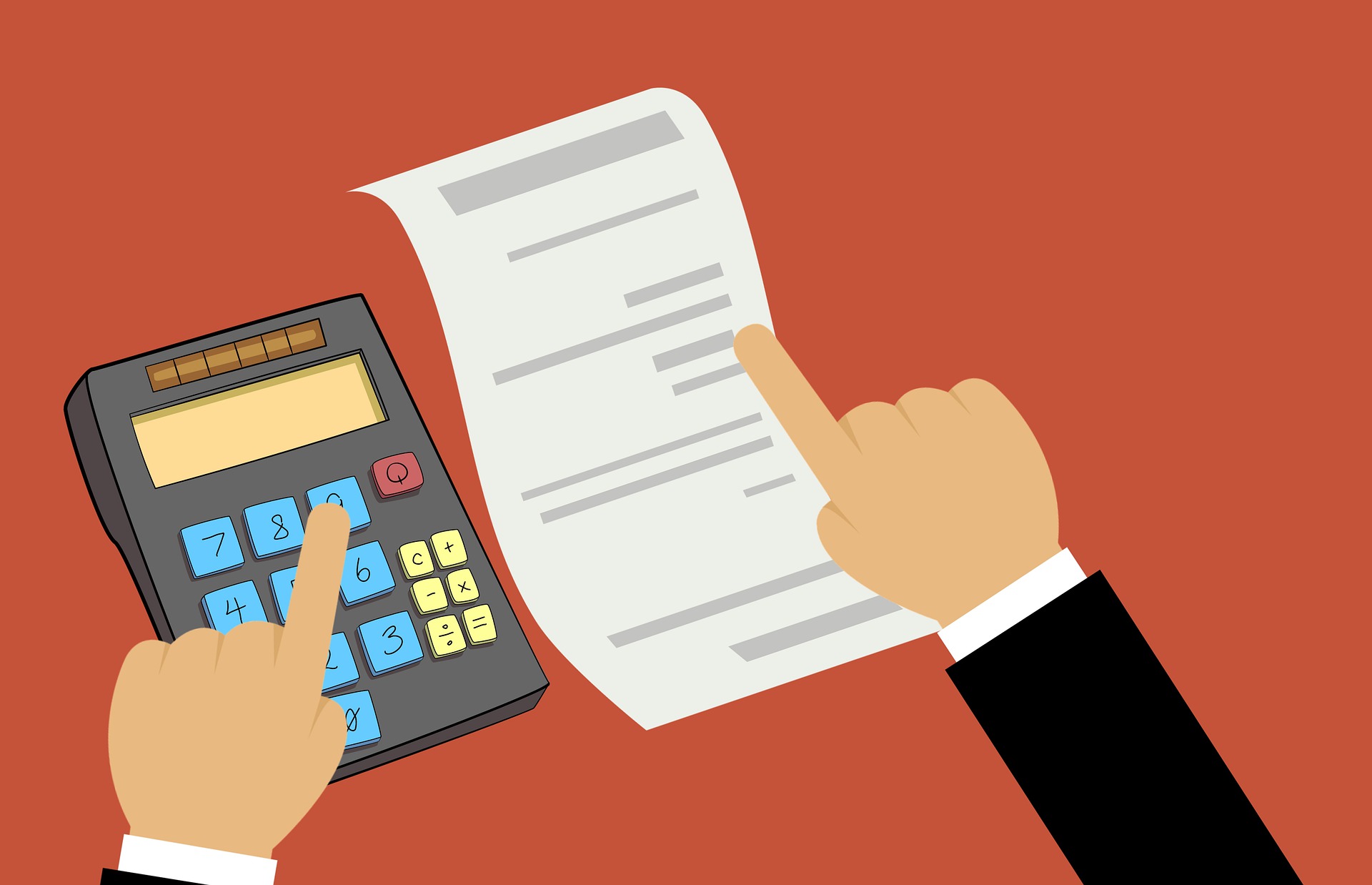
Hi Ms. Hofmann!
Thank you for laying out succinctly Washington law related to employer’s potential liability in furnishing alcohol.
Does the vicarious liability extend to an employee’s guest at the employer-hosted party?
Hello Jasmine! Thank you for asking. Under Washington law, absent unusual circumstances, an employee’s overserved guest would not be considered an agent of the employer, so the employer would not have vicarious liability. Instead, the employer could face quasi-commercial host liability.